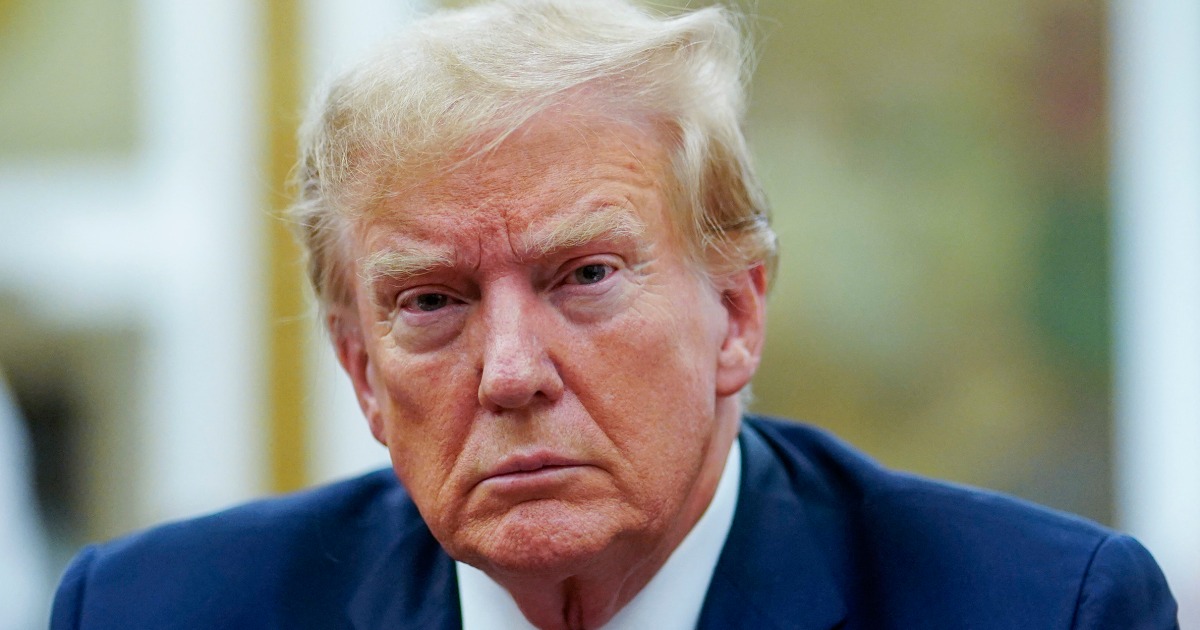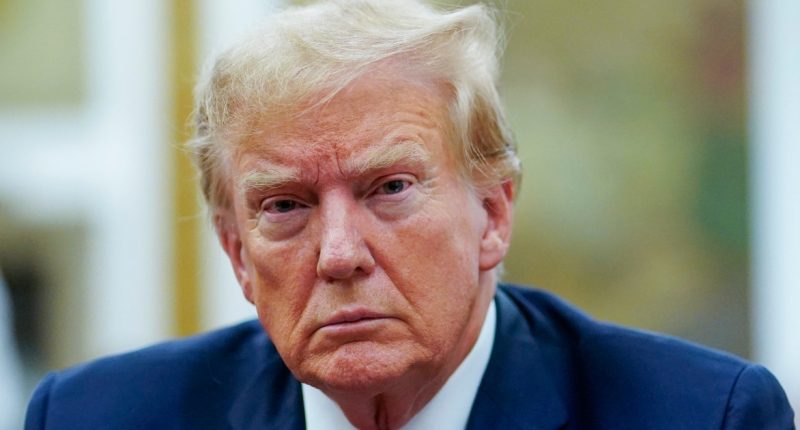
WASHINGTON — The Supreme Court on Wednesday agreed to hear an appeal brought by a man charged with offenses relating to the Jan. 6, 2021, assault on the U.S. Capitol in a case that could have a major impact on the criminal prosecution of former President Donald Trump.
The justices will hear a case brought by defendant Joseph Fischer, who is seeking to dismiss a charge accusing him of obstructing an official proceeding, namely the certification by Congress of President Joe Biden’s election victory, which was disrupted by a mob of Trump supporters.
Two other Jan. 6 defendants, Edward Lang and Garret Miller, brought similar appeals, the outcome of which will be dictated by the Supreme Court’s ruling in Fischer’s case.
Trump has been charged with the same offense as well as others in his federal election interference case. The court’s decision to take up the issue, as well as the timing of its ultimate ruling, could therefore affect his case.
It will take months for the justices to hear oral arguments and issue a ruling sometime during the court’s current nine-month term, which ends in June.
Trump’s lawyers could use the Supreme Court’s involvement as one opportunity to delay his election interference trial, which is scheduled to start in March.
Trump is the front-runner in the polls for the Republican presidential nomination, and any delay in his criminal trial in Washington would be to his benefit.
If Trump were to win the election in November, he would then be in a position to have the charges dismissed. If the case proceeds as scheduled in March and Trump were to be convicted, he could be sentenced before the election.
The election interference case is one of four criminal prosecutions Trump is fighting. Two were brought by special counsel Jack Smith, while the others were brought in New York and Georgia.
In the Supreme Court case, the only provision of the federal criminal code at issue is 18 U.S.C. 1512(c)(2), which criminalizes any effort to “corruptly” obstruct, influence or impede any official proceeding. Conviction can result in a prison sentence of up to 20 years.
The provision was enacted in 2002 as part of the Sarbanes-Oxley Act, a bill passed in the aftermath of the Enron accounting scandal. As such, defendants say it was never intended to apply to an incident such as Jan. 6.
Trump’s lawyers have already made that argument in asking for his indictment to be dismissed.
The application of the provision in Trump’s case could also raise issues separate from those in the Supreme Court appeals, in part because Trump himself did not participate in the Capitol attack.
Source: | This article originally belongs to Nbcnews.com










